Green-digital transition must start with proper mindset
At a panel discussion as part of VIR's sustainable development conference on November 12, enterprises at the forefront of innovation and green initiatives shared their experiences and solutions for optimising the dual green-digital transition to spread value within the community.
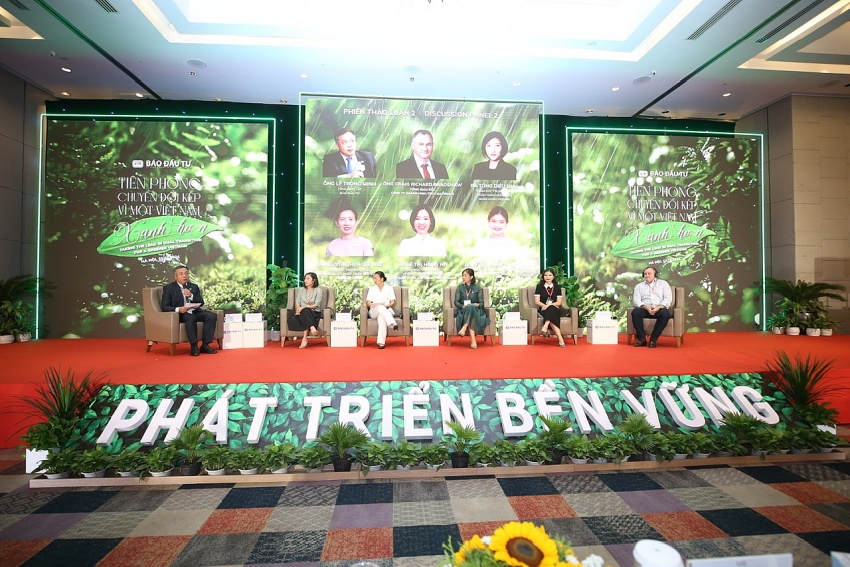 |
Craig Richard Bradshaw, CEO of Masan High-Tech Materials - operating in an industry which is often seen as less sustainable and more challenging to transition - emphasised the necessity of minerals for enabling energy transformation.
“Certain mining sectors, like fossil fuels, will be phased out, but others, such as the materials we mine in Vietnam, are evolving rapidly. For instance, battery technology is advancing to extend lifespan, increase durability, and improve capacity,” he said.
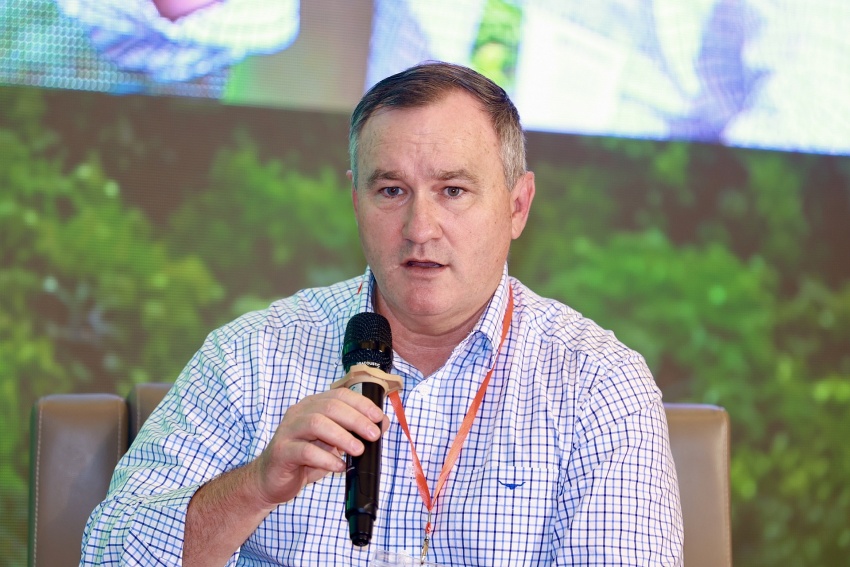 |
| Craig Richard Bradshaw |
Bradshaw highlighted that adopting green practices involves investing in technology, which equates to digital transformation.
“Over our 14 years in Vietnam, we have built technological foundations to facilitate this process. We possess the technology to manage and process minerals at every stage. Mining is crucial for transformation, and we must elevate our own practices. Importantly, we must shift from a rigid mindset focusing solely on costs. Green transitions leverage resources more efficiently, reducing waste. We must rethink and manage innovatively to eliminate waste,” added Bradshaw.
In the food and beverage industry, Le Thi Hoai Thuong, senior corporate affairs manager at Nestlé Vietnam, pointed out that green objectives are approached as strategic investments and resource optimisation rather than an aim to lead trends.
“Agricultural raw materials play an essential role, now with added environmental and emissions standards. Nestlé Vietnam sources not only for domestic production but also for exports to major markets like Europe, requiring early preparation to avoid disruptions once international regulations take effect,” Thuong explained.
 |
| Le Thi Hoai Thuong |
Nestlé Vietnam has placed farmers at the core of their strategy. By engaging with small and micro-businesses, the company introduced digital tools like farm diaries and digitised expense logs to show how profitability could improve through green and digital transformations.
“These tangible figures convince farmers to adjust their practices and align with our efforts. Today, they excel, and we refer to them as entrepreneurial farmers,” added Thuong.
Representing an entity that bridges green financing to businesses and as one of the pioneering banks in green transition, Tong Dieu Linh, head of Transaction Banking at VPBank, shared that it began mobilising green capital as early as 2016, supported by the International Finance Corporation.
“Since then, we have raised about $2 billion in green financing from major financial institutions. It has been a long and challenging journey to ensure VPBank’s green finance framework meets international standards," Linh said.
"Furthermore, channelling these funds to businesses in compliance with green and sustainable purposes involves its own set of processes. Each bank has unique criteria influenced by financial institutions that provide green funding. Businesses must understand these criteria and the green credit programmes banks offer.”
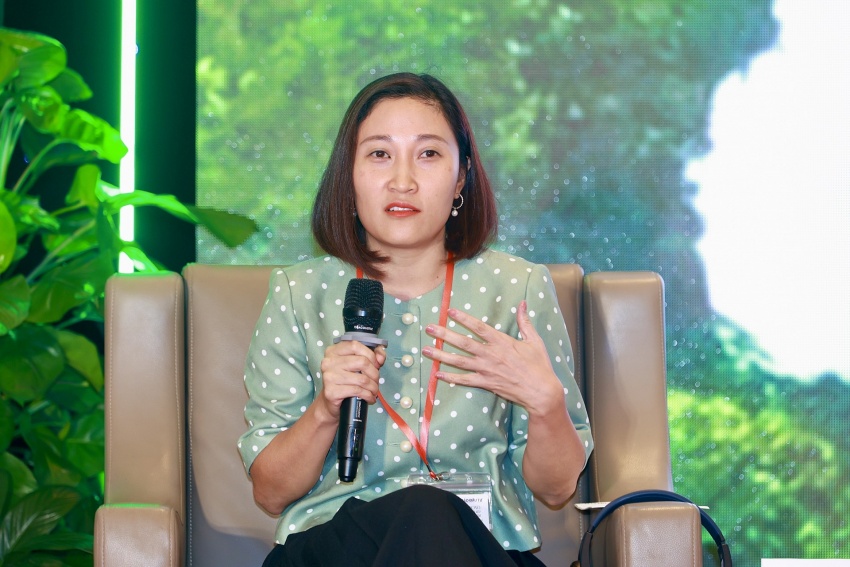 |
| Tong Dieu Linh |
She added that companies might require consultancy or support from international organisations, many of which offer technical assistance to enhance understanding and capacity for green transformation, making it easier to access green credit.
“VPBank can act as a gateway for businesses to connect with these reputable international bodies or as a conduit for green financial resources,” added Linh.
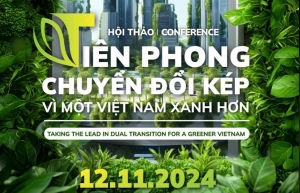 | Taking the lead in dual transition for a greener Vietnam On November 12, VIR will host its annual sustainable development conference, with the presence of hundreds of leaders from ministries, international organisations, and domestic and foreign businesses pursuing digital and green transitions in Vietnam. |
 | Vietnam on the verge of green industrial revolution At the first panel of VIR's sustainable development conference, experts highlighted the pressure facing Vietnam as the country enters a green industrial revolution. |
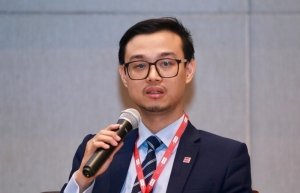 | ACCA supports SMEs in meeting sustainability reporting standards At VIR's sustainable development conference on November 12, To Quoc Hung, country manager at ACCA Vietnam, committed to supporting the development of a green workforce in driving the green-digital transition within small- and medium-sized enterprises in Vietnam. |
What the stars mean:
★ Poor ★ ★ Promising ★★★ Good ★★★★ Very good ★★★★★ Exceptional
Related Contents
Latest News
More News
- Trung Nam-Sideros River consortium wins bid for LNG venture (January 30, 2026 | 11:16)
- Vietnam moves towards market-based fuel management with E10 rollout (January 30, 2026 | 11:10)
- Envision Energy, REE Group partner on 128MW wind projects (January 30, 2026 | 10:58)
- Vingroup consults on carbon credits for electric vehicle charging network (January 28, 2026 | 11:04)
- Bac Ai Pumped Storage Hydropower Plant to enter peak construction phase (January 27, 2026 | 08:00)
- ASEAN could scale up sustainable aviation fuel by 2050 (January 24, 2026 | 10:19)
- 64,000 hectares of sea allocated for offshore wind surveys (January 22, 2026 | 20:23)
- EVN secures financing for Quang Trach II LNG power plant (January 17, 2026 | 15:55)
- PC1 teams up with DENZAI on regional wind projects (January 16, 2026 | 21:18)
- Innovation and ESG practices drive green transition in the digital era (January 16, 2026 | 16:51)

 Tag:
Tag:




















 Mobile Version
Mobile Version